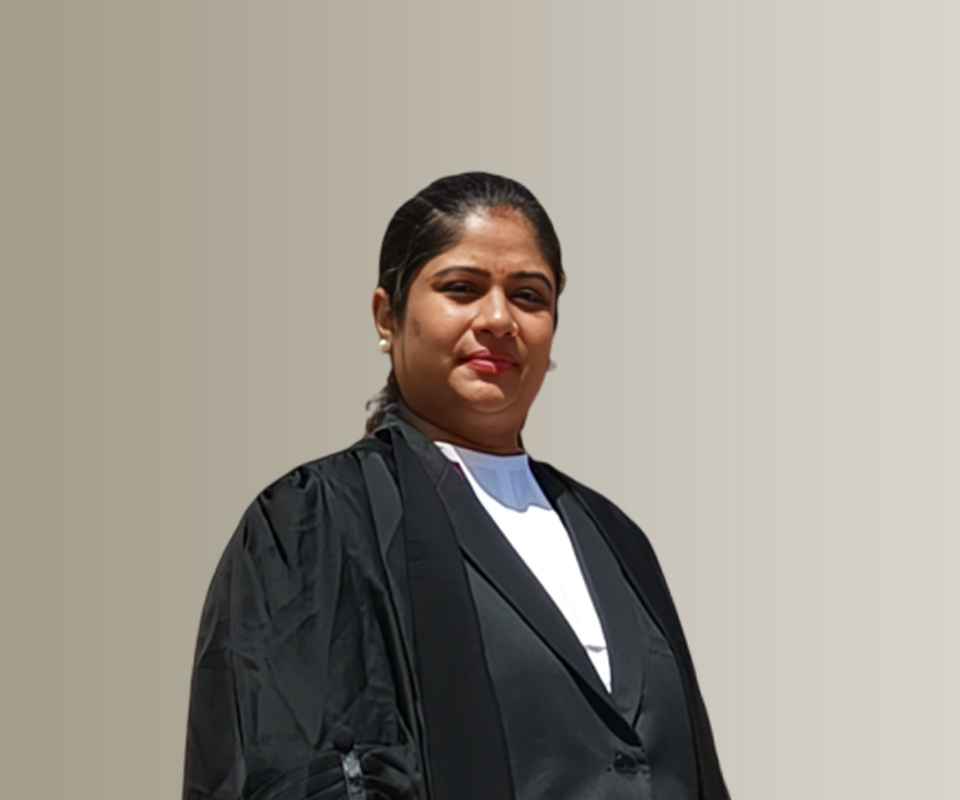Answer By law4u team
Bharatiya Nagarik Suraksha Sanhita, 2023 - Section 364: Procedure when Magistrate cannot pass sentence sufficiently severe.
(1) Whenever a Magistrate is of opinion, after hearing the evidence for the prosecution and the accused, that the accused is guilty, and that he ought to receive a punishment different in kind from, or more severe than, that which such Magistrate is empowered to inflict, or, being a Magistrate of the second class, is of opinion that the accused ought to be required to execute a bond under section 125, he may record the opinion and submit his proceedings, and forward the accused, to the Chief Judicial Magistrate to whom he is subordinate.
(2) When more accused persons than one are being tried together, and the Magistrate considers it necessary to proceed under sub-section (1), in regard to any of such accused, he shall forward all the accused, who are in his opinion guilty, to the Chief Judicial Magistrate.
(3) The Chief Judicial Magistrate to whom the proceedings are submitted may, if he thinks fit, examine the parties and recall and examine any witness who has already given evidence in the case and may call for and take any further evidence and shall pass such judgment, sentence or order in the case as he thinks fit, and is according to law.
Brefe Detail
Section 364 of the Bharatiya Nagarik Suraksha Sanhita, 2023 outlines the procedure a Magistrate must follow when he believes that a more severe punishment is warranted than he is authorized to impose. Key points include:
- A Magistrate can submit his opinion and proceedings to the Chief Judicial Magistrate.
- If multiple accused are tried together, all considered guilty must be forwarded.
- The Chief Judicial Magistrate has the authority to examine parties, recall witnesses, and deliver a judgment or order as deemed appropriate.
Question & Answers
What is the primary function of Section 364?
It provides a procedure for a Magistrate to refer cases to a Chief Judicial Magistrate when a more severe punishment is needed.
What should a Magistrate do if he believes the punishment should be different or more severe?
The Magistrate should record his opinion and submit the proceedings to the Chief Judicial Magistrate.
What happens when multiple accused persons are involved?
The Magistrate must forward all accused deemed guilty to the Chief Judicial Magistrate.
What powers does the Chief Judicial Magistrate have upon receiving the case?
The Chief Judicial Magistrate may examine parties, recall witnesses, take further evidence, and pass appropriate judgments or orders.
Example
- Scenario: A second-class Magistrate hears a case where the accused is found guilty of a serious offense, but the maximum sentence he can impose is two years.
Action: The Magistrate believes a longer sentence is warranted and submits the case to the Chief Judicial Magistrate for further proceedings.
- Scenario: In a trial involving three defendants, the Magistrate finds two guilty but feels their crimes warrant a harsher sentence.
Action: The Magistrate forwards all three defendants to the Chief Judicial Magistrate, indicating his opinion on the guilty ones.
Summary
Section 364 of the Bharatiya Nagarik Suraksha Sanhita, 2023 establishes a protocol for Magistrates who deem that a harsher punishment is required than they can legally impose. It allows for the forwarding of cases to the Chief Judicial Magistrate, who then has the discretion to examine the evidence further and issue a suitable judgment.






